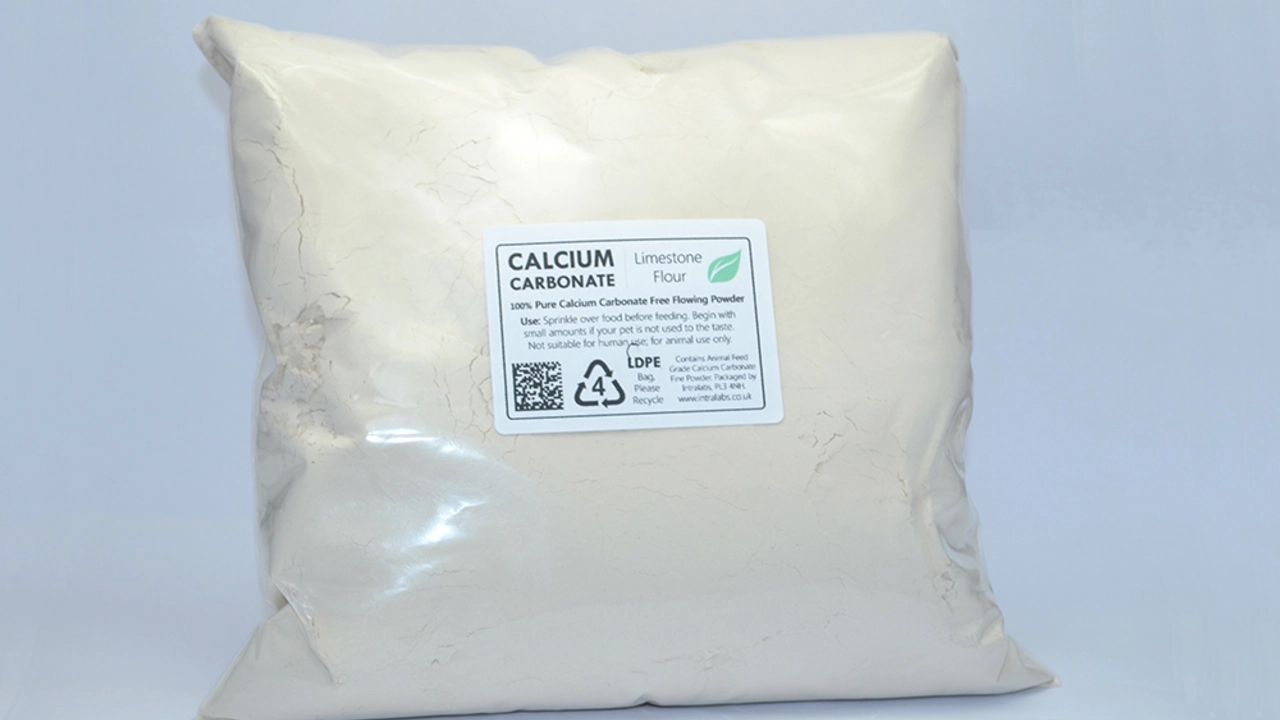Calcium Carbonate: Uses, Timing & Safe Ways to Take It
Think of calcium carbonate as the two-in-one tablet: a common calcium supplement and a fast antacid. It's cheap, widely sold, and high in elemental calcium — about 40% by weight. That means a 1,250 mg calcium carbonate pill gives roughly 500 mg of elemental calcium, so you often need fewer pills than with other forms.
How to take calcium carbonate
Take it with food. Calcium carbonate needs stomach acid to dissolve, so a meal helps your body absorb it. If you’re using it for heartburn, chewable tablets work fastest and provide quick relief. For bone health, smaller doses spread through the day are smarter: your gut absorbs around 500–600 mg of elemental calcium at a time, so two doses beat one giant dose.
Read the label for elemental calcium, not just the milligrams of calcium carbonate. For example, a tablet labeled 1,250 mg calcium carbonate usually contains about 500 mg of elemental calcium. Daily targets for most adults are around 1,000–1,200 mg total (food plus supplements) unless your doctor recommends differently.
Timing with other medicines — what to watch for
This is the important bit: calcium interacts with several common drugs. For bisphosphonates like alendronate (Fosamax), follow the pill’s instructions: take the bisphosphonate on an empty stomach with plain water first thing in the morning and wait at least 30 minutes before eating or taking calcium. Levothyroxine (thyroid medicine) should usually be taken 4 hours away from calcium. Some antibiotics — tetracyclines and fluoroquinolones — can bind to calcium and lose effectiveness; keep a 2–4 hour gap. Iron supplements and some heart medicines can also be affected, so separate those doses too.
If you take multiple medicines, ask your pharmacist for a clear schedule. A quick medication timing chart from them can prevent mix-ups and keep all your drugs working right.
Side effects are usually mild: constipation and gas are the most common. Drinking more water, increasing fiber, or trying calcium citrate can help. Too much calcium over time can raise blood calcium and may increase kidney stone risk. If you have kidney disease, hyperparathyroidism, or take high-dose vitamin D, check with your doctor before adding calcium supplements.
Practical tips: prefer split doses for bone support, always check the label for elemental calcium, and use chewable antacids sparingly to avoid masking ongoing problems. If you’re pregnant, breastfeeding, or buying for a child, talk to a healthcare professional first. And if you find you need antacids often, get checked — frequent heartburn can mean something more than occasional reflux.
Simple rule: food-friendly, time-smart, and check with a pro when you’re on other meds. A short chat with your pharmacist can save a lot of hassle and make sure calcium carbonate helps you — not hurts your other treatments.
